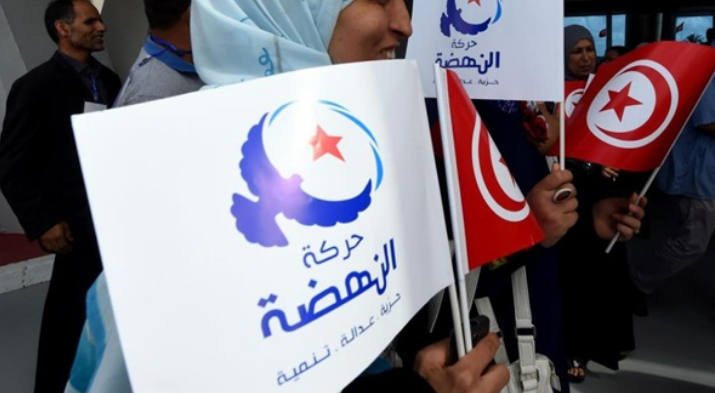Mahmud al-Batakoshi
Ennahda Movement, the branch of the Muslim Brotherhood in Tunisia, entered a dark tunnel, after its exclusion from the political scene, especially after the July 25 decisions by President Qais Saeed.
The decisions received overwhelming support from the Tunisian people, confirming the recovery of Arab societies from the Brotherhood plague.
This came to compound the collapse of the Brotherhood in other Arab states in the past years.
Collapse
The coming period will potentially witness a significant decline in Ennahda’s role, especially after the mass resignations that hit the party recently.
Eighteen party members submitted their resignations on September 26. This came three days only after 113 others quit the party.
The resignations divulge an intensification of differences and schisms within the movement post the measures taken by the Tunisian president on July 25.
Some observers blame what they describe as the ‘tyranny’ of the leader of the party and the movement, Rachid Ghannouchi, for this deterioration.
They also blame the grip Ghannouchi’s relatives impose on the party and the movement by dominating almost all positions of leadership inside them.
Ghannouchi also tried to change the internal system of the movement so that he can run for a third term at its helm.
Nonetheless, these attempts came against a hard wall after most party senior members opposed them.
Ghannounchi countered by referring the same members to a disciplinary committee and freezing their party membership.
There are, meanwhile, growing accusations to Ghannounchi that he and his family members are implicated in corruption.
These accusations contribute to exacerbating internal disputes and rifts in the party.








































admin in: How the Muslim Brotherhood betrayed Saudi Arabia?
Great article with insight ...
https://www.viagrapascherfr.com/achat-sildenafil-pfizer-tarif/ in: Cross-region cooperation between anti-terrorism agencies needed
Hello there, just became aware of your blog through Google, and found ...